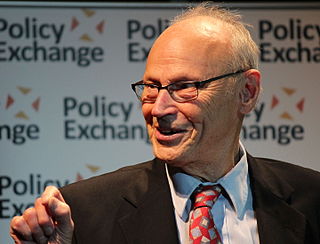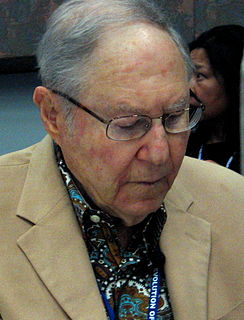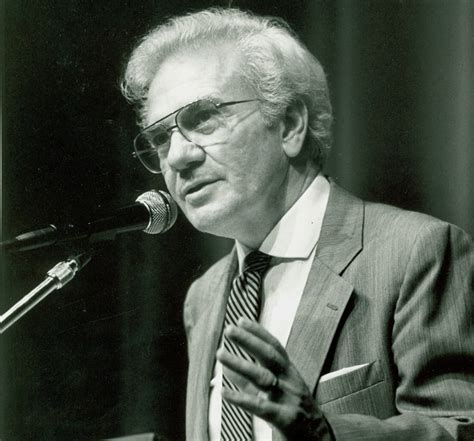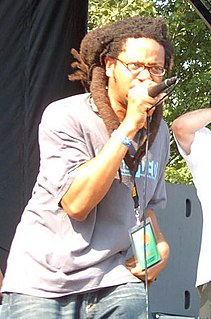A Quote by E. D. Hirsch, Jr.
Our society cannot afford a two-tiered system in which the affluent have access to superior education, while everyone else is subjected to a dull and incoherent classroom experience. Academic excellence, educational equity, and fairness demand a strong foundation of knowledge for all learners.
Quote Topics
Related Quotes
It is never easy to demand the most from ourselves, from our lives, from our work. To encourage excellence is to go beyond the encouraged mediocrity of our society is to encourage excellence. But giving in to the fear of feeling and working to capacity is a luxury only the unintentional can afford, and the unintentional are those who do not wish to guide their own destinies.
Education may well be, as of right, the instrument whereby every individual, in a society like our own, can gain access to any kind of discourse. But we well know that in its distribution, in what it permits and in what it prevents, it follows the well-trodden battle-lines of social conflict. Every educational system is a political means of maintaining or of modifying the appropriation of discourse, with the knowledge and the powers it carries with it.
Teachers have told us across the country that what's severely outdated is the teacher at the front of the classroom as the font of knowledge, because as we know, access to knowledge and information is now ubiquitous. So instead, teachers want to help students learn how to think so that they can be lifelong learners.
In a society where some people are far more educated than others, in which public education is ill-funded - here I am speaking of the U.S. - while we build more and more prisons to incarcerate youth who ought to be in school, there is already a gap between those with education and those without. Those with educational privilege can be seen as arrogant, remote, alien - and very often they believe themselves superior.
Pride is a mental factor causing us to feel higher or superior to others. Even our study of dharma can be the occasion for the delusion of pride to arise if we think our understanding is superior to that of everyone else. Pride is harmful because it prevents us from accepting fresh knowledge from a qualified teacher. Just as a pool of water cannot collect on the tip of a mountain, so too a reservoir of understanding cannot be established in a mind falsely elevated by pride.
Having my foundation be from two positive black role models in my life, my mom and my dad, two strong-minded intelligent individuals who clearly have made a great deal of great decisions in their lives and put me in a position, via educational institutions, to be around other intelligent people and to have a strong moral foundation, from which I try to never stray far. It all spurred me to carve out my own little niche as a human being.
We weren't getting a fair deal on the budget and I wasn't going to have it. There's a great strand of equity and fairness in the British people - this is our characteristic. There's not a strand of equity and fairness in Europe - they're out to get as much as they can. That's one of those enormous differences. So I tackled it on that basis.
Our vulnerability [to ressentiment] is unavoidable (and probably incurable) in a kind of society in which relative equality of political and other rights and formally acknowledged social equality go hand in hand with enormous differences in genuine power, possessions and education; a society in which everyone "has the right" to consider himself equal to everybody else, while in fact being unequal to them.
Opportunism towards knowledge is a utilitarian demand that knowledge must be immediately practical. Just like with sociology where we hope its purpose is to serve society, however, the true purpose of sociology lies in its impracticality. It cannot become practical or else it loses its meaning. Perhaps we should learn a different kind of knowledge: the knowledge to question knowledge.































